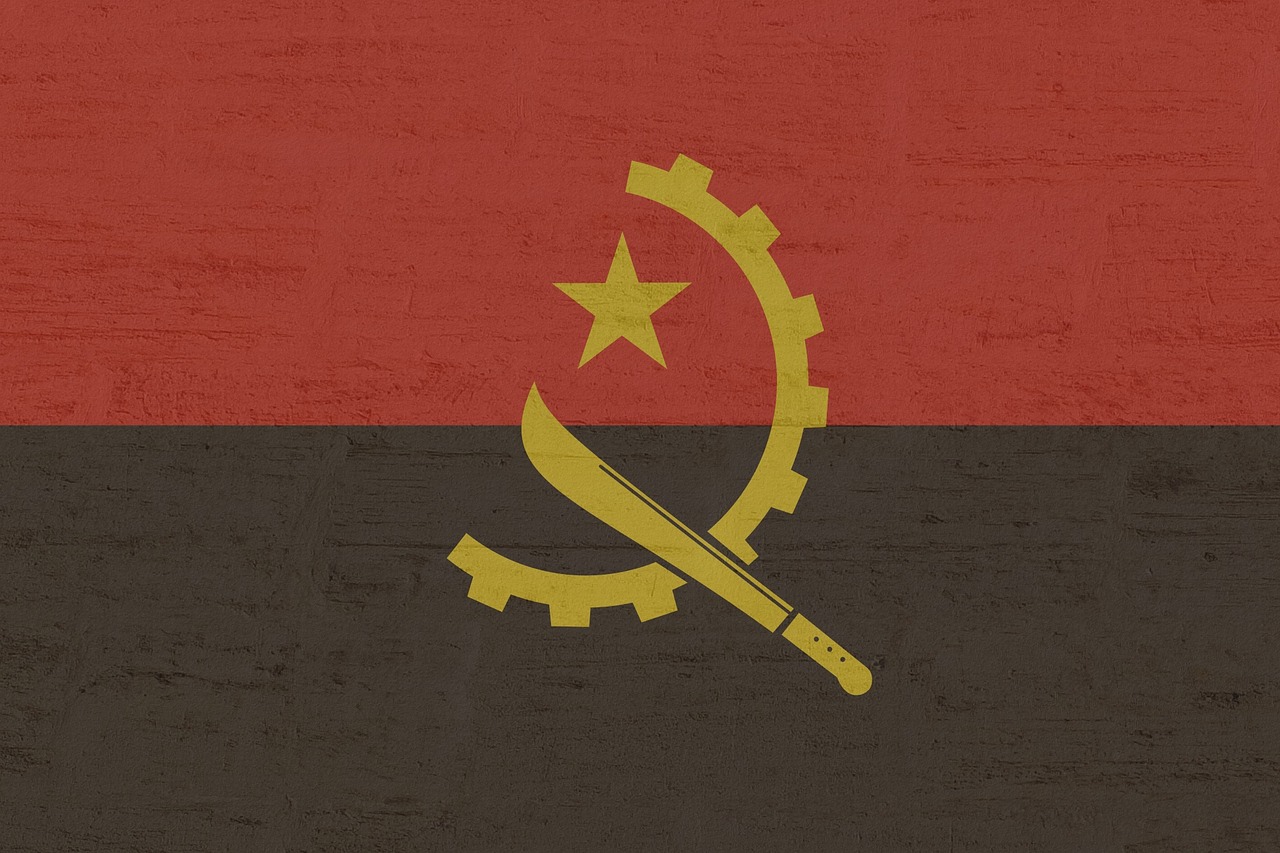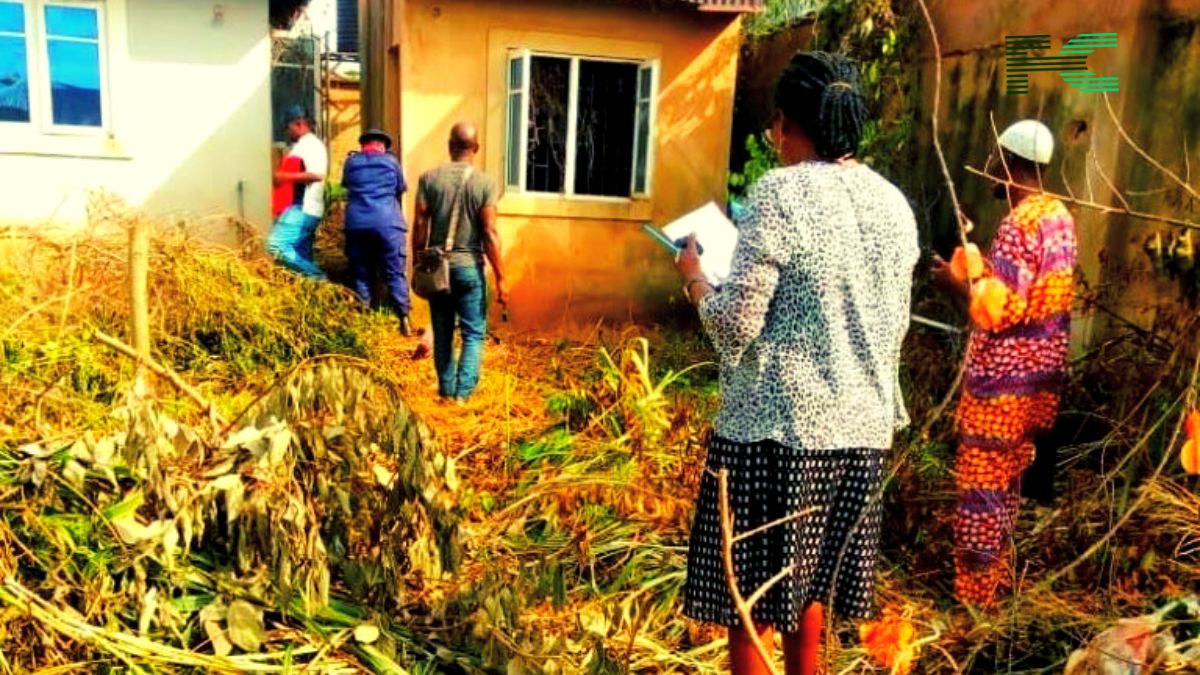Angolan police confirmed four fatalities and 500 arrests as protests over rising fuel prices escalated into violent clashes in the capital Luanda. What began as a three-day taxi strike against a 33% diesel price hike has become one of Angola’s most disruptive protests in years, with thousands blocking roads, looting shops, and battling police. The demonstrations reflect growing anger in the oil-rich nation, where despite its petroleum wealth, the average monthly wage remains just $75.
“The fuel price increase was the last straw,” said activist Laura Macedo, explaining how the government’s decision to cut fuel subsidies has spiked costs for food and transportation. President João Lourenço dismissed concerns, insisting Angola’s 40-cent-per-litre diesel price remains among the world’s lowest. However, with inflation eroding incomes and a promised wage increase to 100,000 kwanzas unmet, frustration has boiled over into mass demonstrations.
Protesters chanted against 50 years of MPLA rule, accusing the long-dominant party of economic mismanagement. State media faced backlash for ignoring the unrest, while the MPLA warned youth against joining what it called “acts of vandalism” ahead of Angola’s 50th independence anniversary.
Though taxi union Anata denied organizing the violence, it vowed to continue its strike, calling it a “cry of the Angolan people.” By Tuesday, banks, shops, and businesses remained closed, with private companies advising employees to stay home. Police patrolled streets, vowing to “re-establish order” amid lingering clashes.

Government Blames “Unidentified Agitators” as Protests Spread
Authorities claimed “unidentified individuals” hijacked the taxi strike, attacking vehicles and inciting chaos. Yet the protests appear largely spontaneous, driven by deep-seated grievances over poverty, inflation, and political stagnation. With tensions still simmering, there are fears that Angola’s fuel subsidy cuts could ignite further unrest unless economic reforms address public desperation.

















